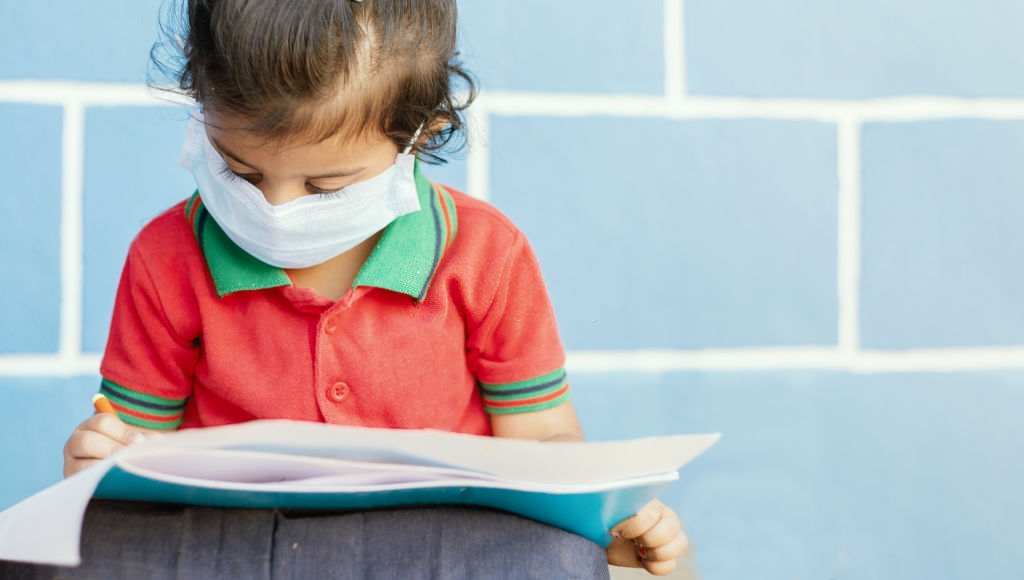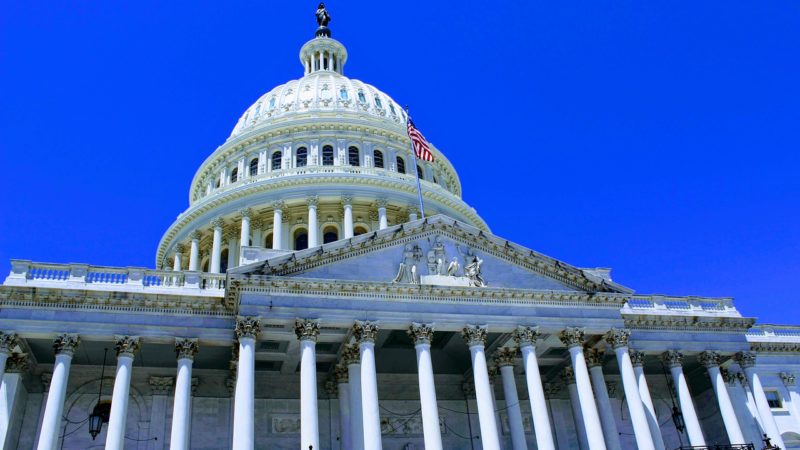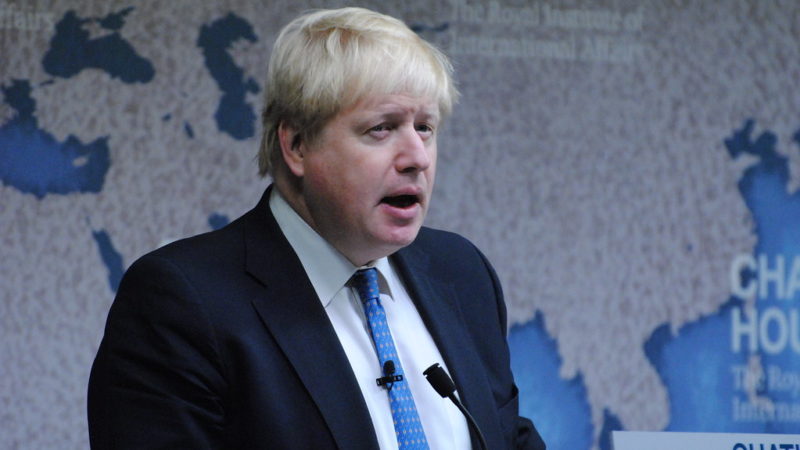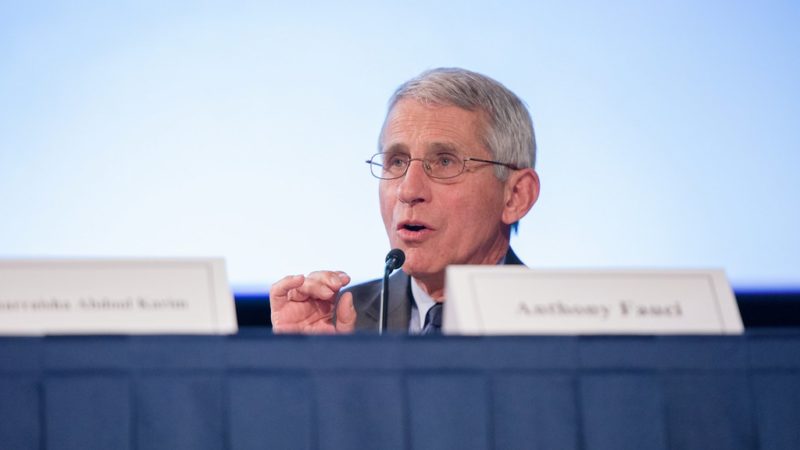UNESCO released guidelines to reopen schools around the world

UNESCO recently launched a new set of guidelines for reopening schools around the world and expressed the importance of reopening schools in a manner that protects the children from the deadly disease.
“While many students are falling behind in their learning journey because of prolonged school closures, the far from straightforward decision of when and how to reopen schools, should be a priority,” said UNESCO Director-General Audrey Azoulay. “Once there is a green light on the health front, a whole set of measures will need to be in place to ensure that no student is left behind. These guidelines provide all-round guidance for governments and partners to facilitate the reopening of schools for students, teachers and families. We share one goal, to protect and advance the right to education for every learner,”
The guidelines for reopening schools are as such:
- Policy reform: Policy implications address all dimensions of the guidelines, including clear policies for school opening and closure during public health emergencies, reforms needed to expand equitable access for marginalised and out of school children as well as strengthen and standardize remote learning practices.
- Financing requirements: Address the impact of COVID-19 on education and invest in strengthening education systems for recovery and resilience.
- Safe operations: Ensure conditions that reduce disease transmission, safeguard essential services and supplies and promote healthy behaviour. This includes access to soap and clean water for safe handwashing, procedures on when staff or students feel unwell, protocols on social distancing and good hygiene practices.
- Compensating learning: Focus on practices that compensate for lost instructional time, strengthen pedagogy and build on hybrid learning models such as integrating approaches in remote and distance education. This must include knowledge on disease transmission and prevention.
- Wellness and protection: Expand the focus on students’ well-being and reinforce the protection of children through enhanced referral mechanisms and the provision of essential school-based services including healthcare and school feeding.
- Reaching the most marginalised: Adapt school opening policies and practices to expand access to marginalised groups such as previously out-of-school children, displaced and migrant children and minorities. Diversify critical communications and outreach by making them available in relevant languages and in accessible formats.






